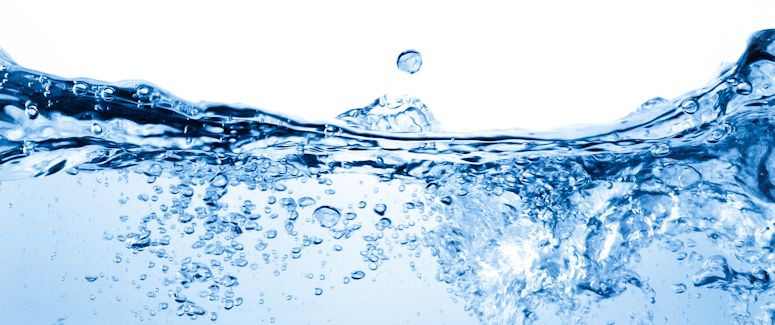
The Importance of Sleep
April 16, 2021
PEC Camp: Ride & Wine
August 24, 2021Summer Hydration for Athletes
Staying hydrated is important for both health and training performance. In the hotter, humid months proper hydration is an important consideration as part of your daily and in-training nutrition plan. Take the time to plan your in-training hydration from start to finish to maximize your health and performance!
Proper hydration is key for a number of reasons including:
- transport of nutrients throughout the body,
- elimination of wastes,
- proper hormone distribution
- maintaining heart rate,
- maintaining core body temperature
- providing joint lubrication and shock absorption to the body.
The amount you sweat and the sodium concentration of that sweat is dependent on individual sweat rate, genetics, diet, temperature, humidity and length and intensity of your training session. And it’s not always possible to rely on your thirst mechanism as an indicator of hydration, so starting with a plan is the best idea.
Daily Hydration
Drinking primarily water throughout the day according to thirst should help you achieve proper levels of hydration. Thirst is the body’s mechanism to prevent dehydration. If you are not in touch with your thirst mechanism, or know you under drink then try aiming for about 2-2.5 litres of water per day on average. Or roughly half your body weight (Lbs) in ounces. Other beverages such as coconut water and herbal teas can also help you maintain proper hydration levels.
Foods can contribute to around 20% of your fluid intake. Many foods contain high water content, including most fruits and vegetables. Watermelons, tomatoes, broccoli, cabbage, cucumber, zucchini, celery all have a high water content of over 90%.
- Try drinking a couple cups of water upon waking to rehydrate post sleep.
- Try sipping on 1/2 – 1 cup per hour you are awake throughout the day
- Try an app or calendar alert to remind you to drink.
Try this refreshing recipe for basil-lime water.
Hydrate Pre-Workout
Start all your sessions fully hydrated so you can train efficiently and minimize the risk of dehydration. Dehydration will elevate your heart rate and core body temperature beyond optimal levels, which will lead to reduction in performance during your workout and will slow recovery. Consume 2-4 cups of fluid, in the 2-4 hours before your workout. You may need additional carbohydrate and / or electrolytes depending on the duration, intensity and weather conditions.
Hydrate During your Workout
If you train without water you risk placing unnecessary stresses on your tissues and organs, which can lead to early fatigue, poor performance and increase your risk for injury. Follow recommended hydration guidelines for all sessions as good practice and to train your gut to be able to handle the intake of fluids over longer durations. For hot, humid conditions make sure you are consuming at least 500mL upto 1 litre of water (maybe more in some cases) and around 0.5 to 1 ratio of sodium per litre of fluids. For example 250 mg sodium per 500mL fluids up to 500mg sodium per 500mL fluids. Some athletes may need more, but this is a good starting point as both too little and to much sodium can create GI disturbances. Drink at regular intervals (every 15-20 minutes) during your training and racing to maintain a balance and to reduce the risk water from sloshing around in the summer.
Hydrate Post-Workout
Consume approximately 2 cups of water for every pound lost during your workout. If you gained weight during your run then you may have over-consumed fluid. If you are consuming large amounts of fluids post workout then add some salt to balance things out.
Final considerations
Food digestion interferes with blood flow to working muscles so avoid large meals before training in the heat. Use the colour of your urine as an indicator of low hydration- it should be a pale straw colour. Hydration during humid conditions can be tricky as your risk of dehydration increases as the body’s ability to cool is reduced since sweat is not evaporated. As a result, you will need to drink more to compensate for the excess heat. However, excess water can lead to diluted blood sodium levels (hyponatermia) so in humid conditions make sure you are adding small amounts of sodium to your water at around 250-500mg per litre of fluids consumed. Lastly, avoid alcoholic beverages around workouts as they definitely have a diuretic (dehydrating) effect.



